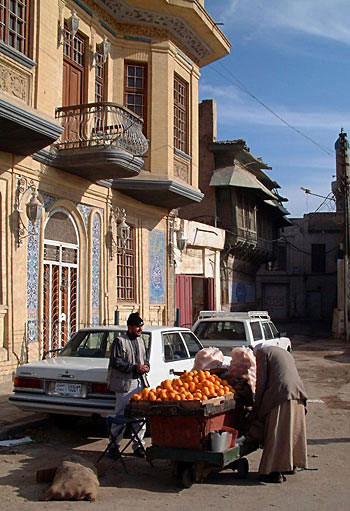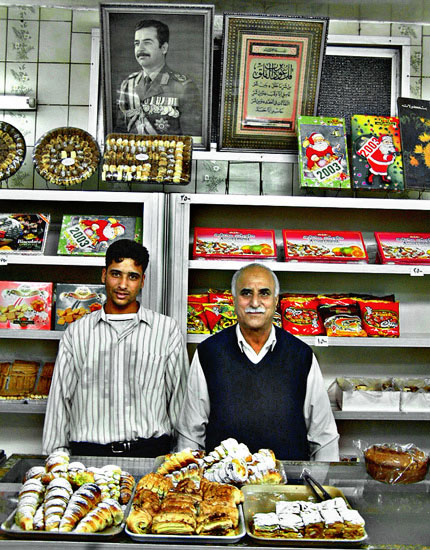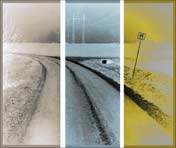THE MIDDLE EAST
There is no need to explain why a peace organization like TFF is engaged in the Middle East.Over almost a century, it has been a region characterised by deep and often protracted conflicts - many, diverse, interlocking dimensions, including: culture, resources, arms imports, arm races, foreign military presence, nuclear weapons (assumed and real), territory, traumas, history, religion(s), strategy, economic problems.
Further, the Middle East is - perhaps more than anywhere else - where the interests of powerful world actors have clashed. And it is a region in which the West professes to work for democratization while at the same time having propped up authoritarian governments for decades and directly or indirectly cause and then supported various terrorist groups.

TFF has been engaged in the Middle East in many and different ways.
Several of its Associates are specialists either in the region as a whole or in specific countries or aspects of the prevailing cultures. Some have repeatedly run courses in conflict-resolution and nonviolence there; some have gone there when - as in Egypt - big changes have been happening.
Yet others have been appointed to high-level positions in the Middle East for the United Nations.
Iraq has been a major, long-term project. TFF conducted two fact-finding missions before the war, in 2002 and 2003, on the basis of which numerous articles, reports, books and a photo series were published.
TFF Associates have also published hundreds of articles on the developments in the relations between Iran and the Western world, not the least the issues pertaining to the nuclear deal (JCPOA) that was signed in 2015 and the undermining of it by the US Trump administration.
Of deep concern is also the new helter-skelter US policy in the region and the relative lack of a cohesive independent stance by the European Union. And the terrible war on Yemen which receives surprisingly little media attention.
At the end of 2017 much is pointing in the direction of Western allies such as Israel, Saudi Arabia, the Gulf States, and others ganging up against Iran and developing a more or less fake-based media narrative of Iran as a huge threat to not only the region but to the world.
Between early 2011 and the end of 2017, we have monitored a lot of the Arab Spring in Tunisia and Egypt; one of our young Associates was in Cairo for several months in 2011.
Several TFF Associates have written extensively about the war in and on Libya since March 2011 and about the international wars and fighters on Syria's territory since about the same time.
In December 2016 TFF's Jan Oberg visited Damascus and was in East and West Aleppo December 10-14 during the days the East was finally liberated of 4,5 years of occupation. It was a turning point in the war and what fell was not Aleppo - it was liberated - but the mainstream black and white media narrative.
His photo series were seen by over 130.000 people during 2017 while no mainstream media took interest in these unique documentary photos nor in his texts. Fortunately, all can be found on the TFF Associates blog above.
These are all on-going engagements for the Foundation as you'll see when you visit The Transnational.

Dark clouds have gathered over the region between 2012 and the end of 2017.
In spite of that, TFF will continue to apply a pro-peace stance on the conflicts and developments there - focusing on possible solutions, alternative perspectives and opportunities for peace and reconciliation.
We shall also continue to highlight instances of nonviolent struggle, whether successful or not.
That said, TFF Associates will concurrently and consistently criticize the use of violence in general and militarist and interventionist approaches in particular.




 Get Free Email Updates
Get Free Email Updates Support this site
Support this site Feedback
Feedback About this website
About this website